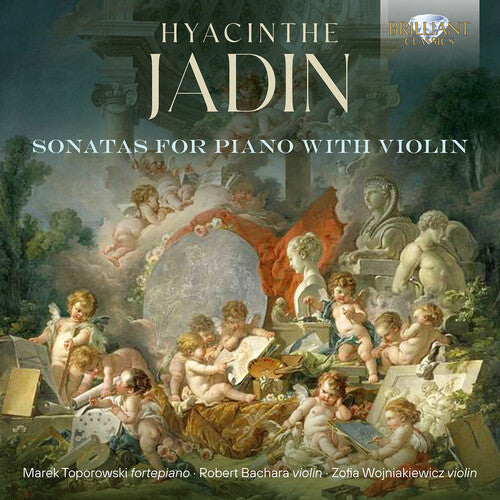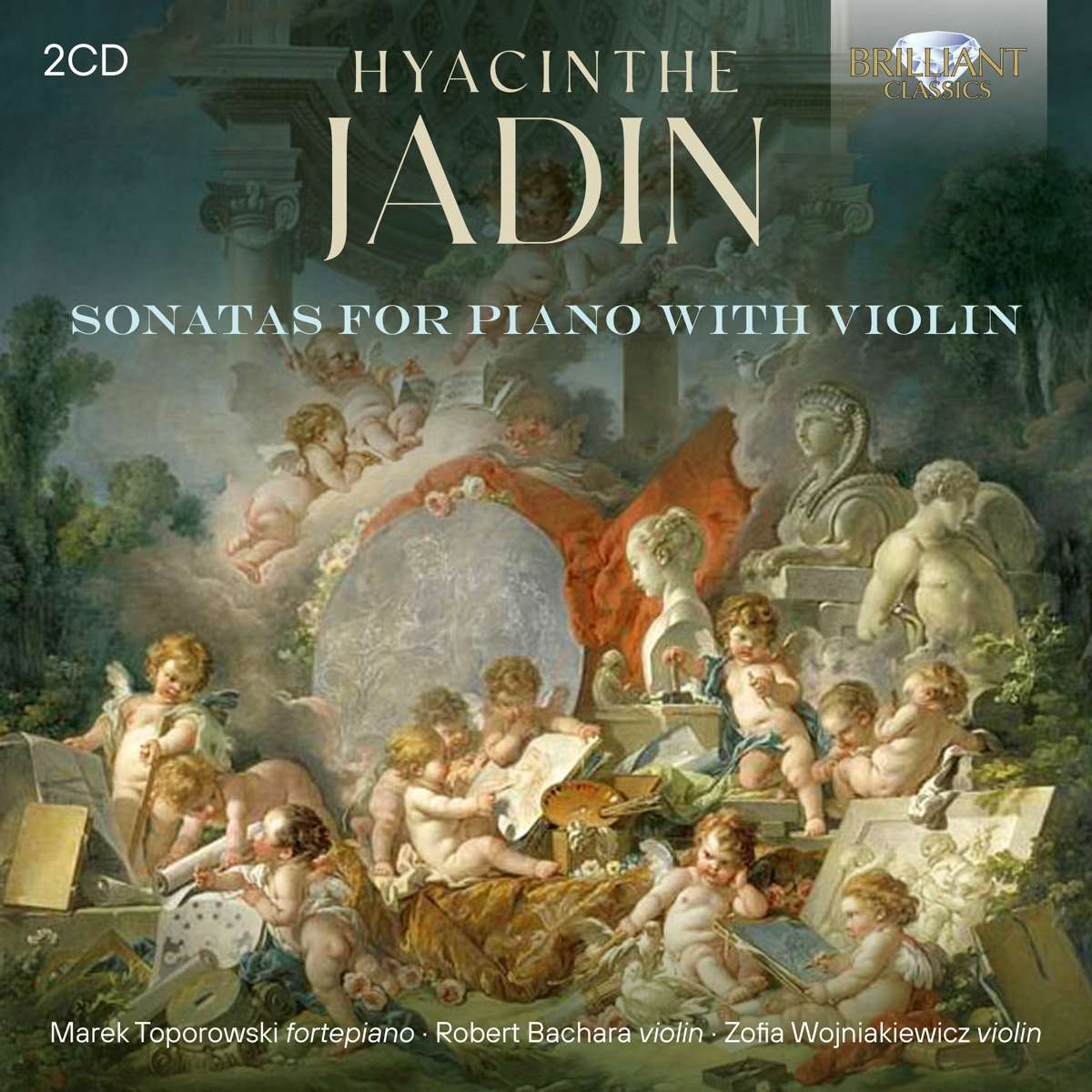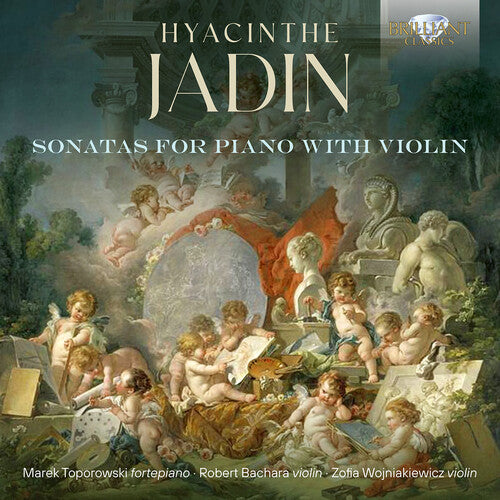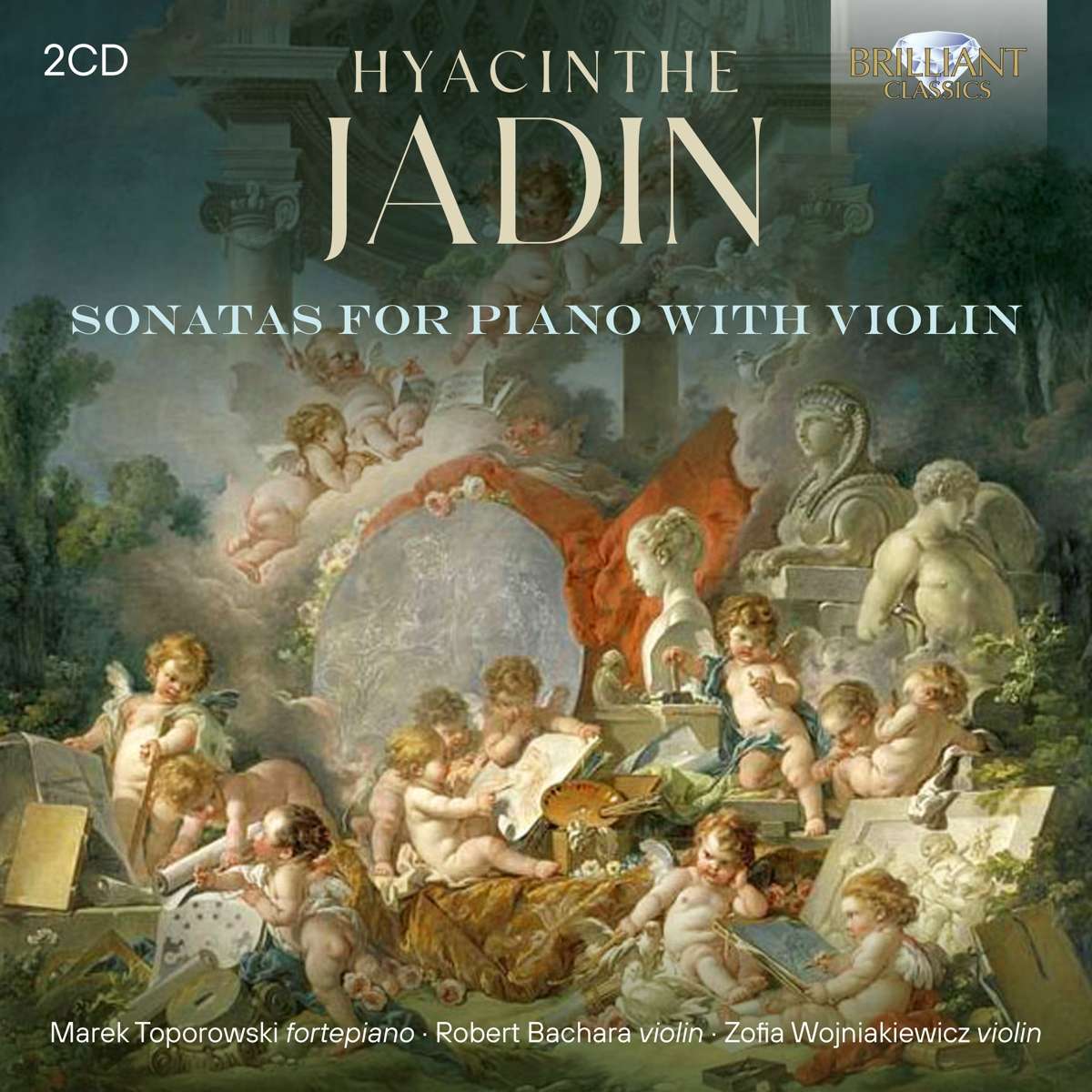1
/
of
2
Jadin: Sonatas for Piano with Violin
Jadin: Sonatas for Piano with Violin
Regular price
$12.99 USD
Regular price
$16.99 USD
Sale price
$12.99 USD
Unit price
/
per
Shipping calculated at checkout.
Couldn't load pickup availability
According to Marek Toporowski, the French composer Hyacinthe Jadin (1776–1800) authored ‘the greatest masterpieces of the French literature for the fortepiano from the time of the Revolution.’ Despite dying in poverty from tuberculosis at the age of 25, Jadin accomplished much in his brief life, composing both orchestral and chamber music with a bias towards his own instrument, the piano. This includes concertos and the sonatas featured in this collection, which also offer an optional violin accompaniment. Although several published collections have not survived or been recovered, including a further 12 sonatas for the keyboard. In a previous album on Brilliant Classics, Toporowski produced a definitive modern recording of Jadin’s Sonatas Opp. 4-6 (96958). In the present collection, he presents Opp. 1 and 3, along with Jadin’s trio of Op.1 string quartets in the composer’s own arrangement for piano and violin. Toporowski finds a pre-Romantic sensibility in this music, with tantalizing anticipations of Schubert, Weber, and even Mendelssohn in Jadin’s heightened language of expression, which ventures far beyond the conventional forms of his contemporaries. An important point of reference for Jadin was nonetheless the music of Haydn. The Op.1 String Quartets, as played here in the composer’s transcription, are dedicated to Haydn and contain very obvious references to this composer’s style, particularly to his refined modulations. Jadin was also active in Paris while Jan Ladislav Dussek was living in the French capital. As a later co-creator of the London school of piano playing, Dussek seems also to have had a great influence on the young virtuoso. There are salient points of comparison between these sonatas, whether played solo on piano or with their optional violin part, and with the sonatas for the same forces written by Dussek and recently recorded for Brilliant Classics by Petra Somlai, Julia Huber, and Miriam Altmann. Jadin’s music has never previously been documented in so comprehensive and stylish a manner as in this evolving series from Marek Toporowski, and the quartets receive their first recording in this arrangement, which will appeal to all collectors of Classical-era curios.
Share


Product Description:
-
Release Date: May 10, 2024
-
UPC: 5028421970653
-
Catalog Number: BRI97065
-
Label: Brilliant Classics
-
Number of Discs: 2
-
Composer: Hyacinthe Jadin
-
Performer: Marek Toporowski, Robert Bachara, Zofia Wojniakiewicz


